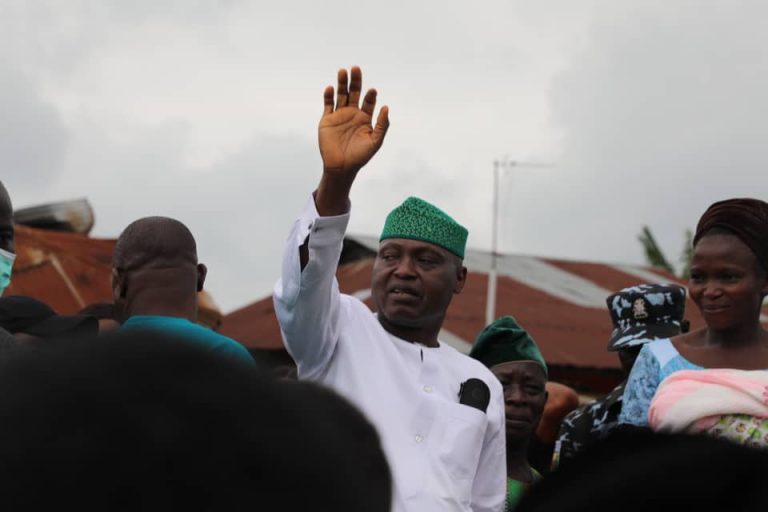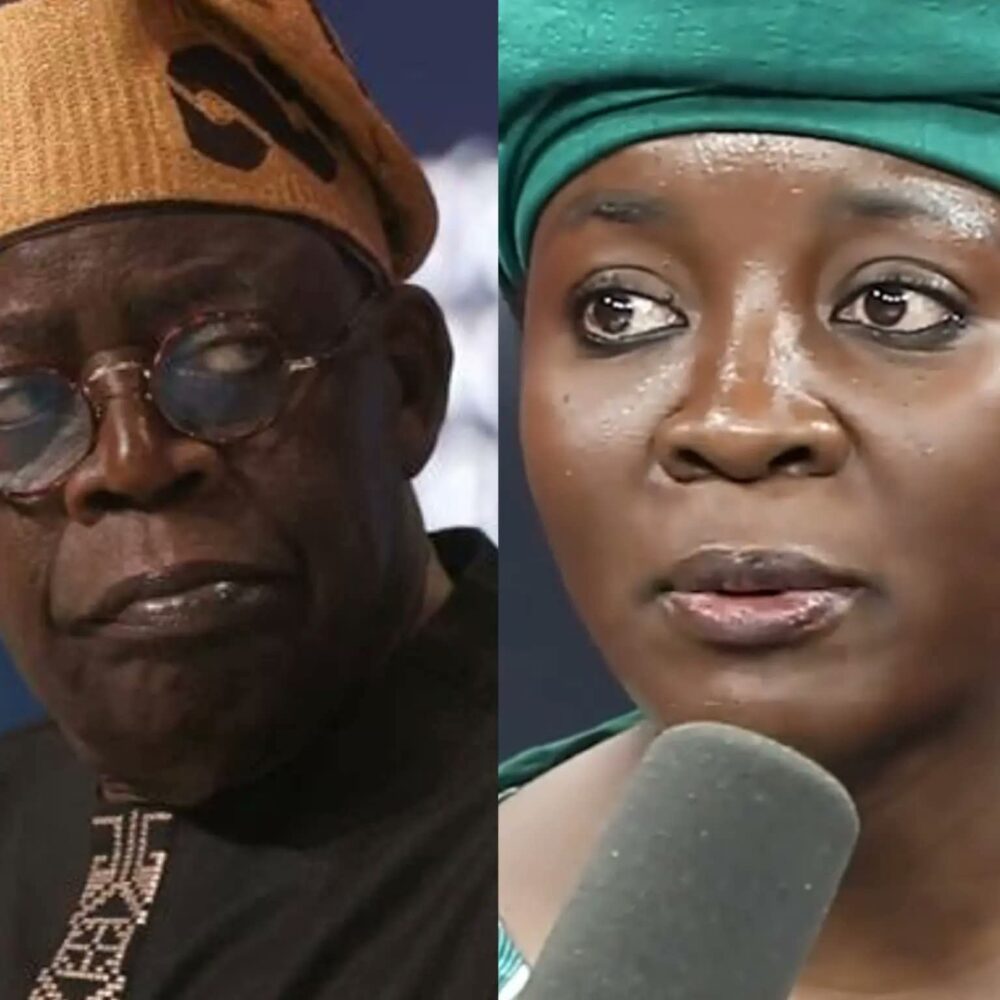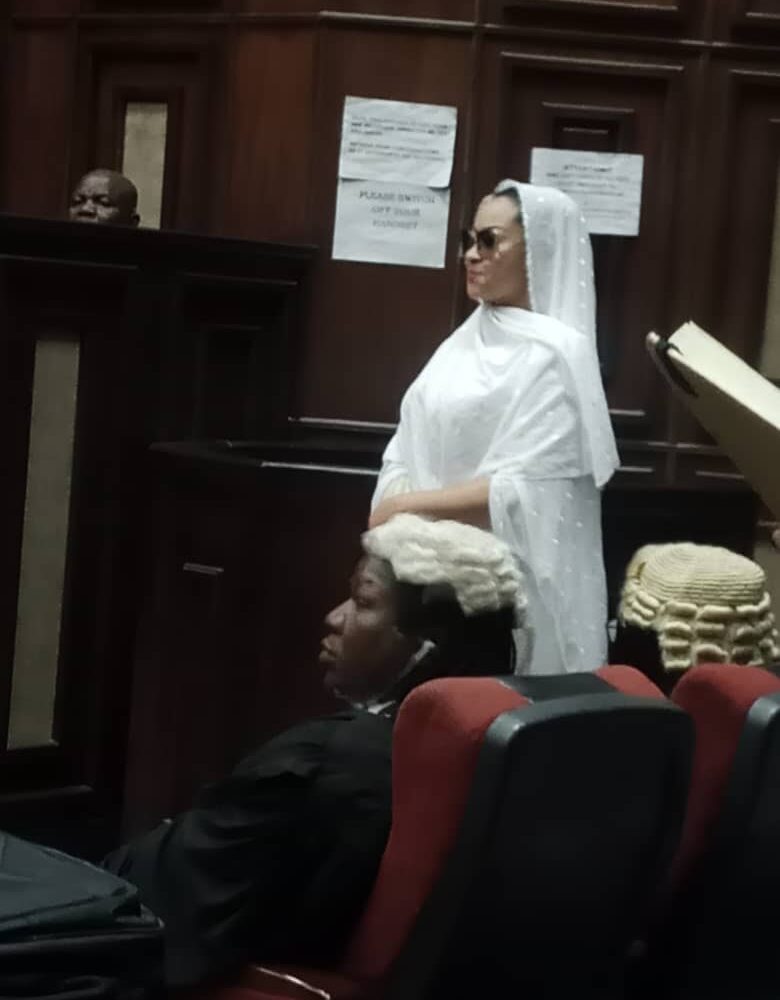“People may not appreciate the value of peace until they count the cost of crisis”
– Tajudeen Alabede
In March 2010, against the background of the rancorous build-up to the 2011 general elections, I wrote a short piece titled Nigeria needs a National Integration Minister. More than ten years after, not much has changed with regard to the socio-political realities which necessitated that call. If anything, the call has now become a national imperative.
At an Inter-Faith Peace Forum which I had the privilege of convening with the support of Cardinal Onaiyekan Foundation for Peace in Ibadan last February, the highpoint of the recommendations made by the religious leaders was the need for the Federal Government to establish a Ministry for National Integration (https://newnigeriannewspaper.com/2020/02/21/establish-ministry-for-national-integration-religious-stakeholders-tell-fg/). Also, at a National Workshop on Freedom of Religion or Belief (FoRB) which was organised by the Institute of Church and Society (Christian Council of Nigeria) in Ibadan last July, stakeholders from the three main faith traditions (Islam, Christianity and African Traditional Religion) called for the establishment of a Ministry of Religious Affairs. Similar calls for a national agency that would attend to peace-building efforts in Nigeria have been made by a number of religious and other non-governmental organisations in recent time.
Several socio-political realities have continually brought to the fore the weak foundations on which the nation rests. Elections into political positions, appointments into public offices and rights of citizens/social inclusion (especially the indigene/settler issue), among others, rank top among the issues that raise the tempo of division among Nigerians. These realities are anchored on three core factors of division, namely: religion, ethnicity and geopolitics. How well can we then forge a nation on a sound and sustainable foundation when the level of mistrust among the citizens across religious, regional and ethnic divides is high?
One of the problems with Nigeria is the proclivity of our leaders for ad-hoc approach to issues of significant importance. It is beyond doubt that Nigeria is neither the most plural nor the most complex nation in the world. However, the poor management of her religious, ethnic, cultural and linguistic diversity has exacerbated the underdeveloped state of the nation. Up till now, efforts at national integration have been tentative and desultory. What shared values can one point to that can evoke genuine sense of patriotism among Nigerian citizens?
It is strange that while Nigeria has framework and institutions to manage the fallouts of crises, she is yet to properly develop sustainable framework and build permanent institutions for peace building and national integration. For instance, the Ministry of Humanitarian Affairs that was created in 2019 manages such post-crisis intervention agencies as the National Commission for Refugees, Migrants and Internally Displaced Persons and the North East Development Commission. Besides, some agencies of government whose mandates partly touch on the subject of national integration are not managed in a coherent fashion. For instance, the National Youth Service Corps and the National Orientation Agency fall under different Ministries.
Inexplicably, there is no dedicated agency of government at the federal level with the mandate to monitor early warning signals, broker peace in situations of crisis and follow through the plethora of recommendations that emerge from conferences and forums on peace-building across the country. For lack of political will, the outcome of the work of the Oputa Panel on Human Rights Violation, the most ambitious, most promising, most intensive and most extensive effort aimed at national reconciliation in the post-military era in Nigeria is as good as forgotten.
Scholars and analysts both from within and outside the country agree that Nigeria, as presently constituted, is a fragile state. It is disconcerting that the Federal Government, over the years, has not done enough to address the underlying factors that precipitate this fragility. In several recent global development indices that focus on peace and national stability, Nigeria’s performance is nothing to cheer about. For instance, according to the Fragile State Index 2019, Nigeria ranked 14th from the bottom among the 178 countries that were assessed by The Fund for Peace. In the Global Peace Index 2019, Nigeria ranked 148th out of 163 countries that were surveyed by the Institute for Economics and Peace. This is worrisome. It is unarguable that the level of peace obtainable in a country is largely dependent on how well integrated the diverse people of the nation are.
Prevailing situation in a country determines national priorities and the attendant policy direction. For instance, the establishment of the Department (Ministry) of Homeland Security after the September 11 attacks in the United States of America, the Brexit Department (Ministry) after the Brexit vote in the United Kingdom (though understandably short-lived) as well as the Ministries of Niger Delta, Communication and Digital Economy and Humanitarian Affairs in Nigeria are examples of how nations, in a dynamic way, respond to shifting or expanding national priorities. In the past, at the advent of the Fourth Republic, the Obasanjo Presidency established the Ministry of Regional Integration as a response to the then deafening patriotic call for regional integration in Africa. Indeed, every ministry, department or agency of government was a response to the prevailing situation at the time of its creation.
The ad-hoc peace efforts by the government have become far inadequate. In order to develop sustainable peace in Nigeria, the Federal and State Governments need to work together to make peace-building and national integration national priorities. They need to summon the political will to build peace infrastructure in the country. Among other things, the Federal Government needs to develop a National Integration and Peace Framework or Policy and establish a Ministry of National Integration and Reconciliation that will articulate and manage the nation’s policies and programmes on national unity and peace. In the alternative, the Federal Government may expand the mandate of an existing relevant Ministry to cover national integration and peace-building.
In addition to other specialised bodies that may come under the proposed Ministry, the Federal Government may establish a National Peace Commission or expand the mandate of an existing relevant agency to accommodate this responsibility (eg National Orientation Agency). This Commission would, among others, coordinate the implementation of the government’s peace-building programmes, promote peace education across the country, establish and manage National Mediation Centres and manage a National Peace Fund to support peace studies and practice. In the same vein, Nigeria Inter-Religious Council (NIREC) may be restructured and refocused as an agency of government with broader mandate to promote freedom of religion or belief (FoRB) and facilitate inter-religious harmony in the country. Top of the proposed national peace-building and integration architecture is the National Peace Council that would comprise respected elder statesmen and stateswomen. In the alternative, the General Abdulsalami Abubakar-led National Peace Committee, though a private initiative, may be transformed to serve this purpose.
The ultimate goal of this proposal is a Nigeria where genuine peace exists and a country that would be a net exporter of peace to other nations. Nigeria, the largest black nation in the world, has the capacity to occupy a place of pride in global peace-building efforts.
Life is an irreproducible opportunity; play your part before you depart.
“Man shall have nothing except what he strives for.” – Qur’an 53:39
Tajudeen Alabede is a public affairs analyst, development advocate and peace builder. He can be reached on: [email protected].
Tajudeen Alabede
Researcher | Administrator | Communication Consultant | Public Affairs Analyst | Corporate Strategist | Leadership Coach | Development Advocate | Peacebuilder | Social Entrepreneur | Nation Builder
+234 (0) 706 954 9993 | +234 (0) 708 622 8954





